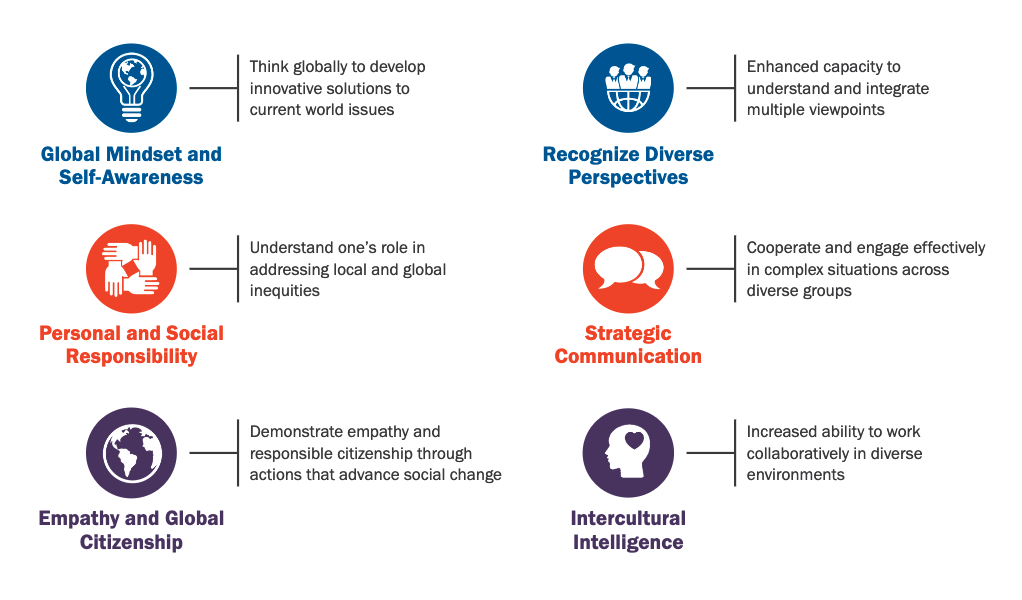Program Learning Outcomes and Curriculum
Your program curriculum is designed to ensure graduates acquire the essential skills, knowledge, and attitudes appropriate and relevant to both the needs of students and employers.
Program Vocational Learning Outcomes
Program vocational learning outcomes describe what graduates of the program have demonstrated they can do with the knowledge and skills they have achieved during their studies. The outcomes are closely tied to the needs of the workplace. Through assessment (e.g., assignments and tests), students verify their ability to reliably perform these outcomes before graduating.
The program vocational learning outcomes for the SDRE programs are:
Construction Project Management
- Develop and use strategies to promote continuous professional learning in the construction industry.
- Monitor and support workplace health and safety practices and procedures which are compliant with current legislation and regulations.
- Assess construction project operations for compliance with contractual obligations, applicable laws, standards, bylaws, codes and ethical practices in construction methodology.
- Analyze and monitor construction processes to ensure that sustainability practices are implemented in accordance with contract documents, industry standards and environmental legislative requirements.
- Establish and manage relationships among diverse project stakeholders to achieve construction project goals.
- Manage the production, storage, retrieval and communication of project-related digital documents according to best practices, to meet construction project deadlines and goals.
- Perform a feasibility study to inform decisions in the planning phase of a construction project.
- Schedule, manage and evaluate the progression of construction projects by applying the principles, practices and tools of construction project management to complete projects on time and within budget.
- Prepare estimates and manage procurement processes to control costs in accordance with best practices in construction project management.
- Develop and oversee quality assurance and control processes involved in the completion of construction projects to meet project specifications and industry quality standards.
- Analyze and manage project risks to mitigate their impact throughout the construction project lifecycle.
- Formulate human resource management strategies to optimize personnel requirements for construction project completion.
- Build and lead multidisciplinary teams throughout the construction project lifecycle to accomplish construction project goals.
Essential Employability Skills Outcomes
Essential Employable Skills (EES) are skills that, regardless of a student’s program or discipline, are critical for success in the workplace, in day-to-day living, and for lifelong learning. Graduates will reliably demonstrate abilities in six skill categories:
| Skill category | Defining skills: Skill areas to be demonstrated by graduates: |
Learning Outcomes: The levels of achievement required by graduates. The graduate has reliably demonstrated the ability to: |
|---|---|---|
| Communication |
|
|
| Numeracy |
|
|
| Critical thinking & problem solving |
|
|
| Information management |
|
|
| Interpersonal |
|
|
| Personal |
|
|
Global Citizenship and Equity Learning Outcomes
There are six Global Citizenship and Equity (GCE) learning outcomes integrated into Diploma and Advanced Diploma programs as a component of Centennial’s Signature Learning Experience (SLE). The SLE reflects the College’s promise to provide students with a distinctive and inclusive educational experience that builds on a foundation of global citizenship, equity, and social justice. Certificate and Graduate Certificates also include at least two GCE learning outcomes. The GCE learning outcomes are:
- Identify one’s role and responsibilities as a global citizen in personal and professional life.
- Identify beliefs, values and behaviours that form individual and community identities and the basis for respectful relationships.
- Analyze issues of equity at the personal, professional, and global level.
- Analyze the use of the world’s resources to achieve sustainability and equitable distribution at the personal, professional, and global level.
- Identify and challenge unjust practices in local and global systems.
- Support personal and social responsibility initiatives at the local, national, and global level.
Global Citizenship and Equity Portfolio
As a component of the SLE, Diploma and Advanced Diploma program students will complete the Global Citizenship and Equity (GCE) Portfolio. Building the GCE Portfolio is a process of documenting your GCE learning. Each item selected for inclusion in the portfolio demonstrates growth and understanding of Global Citizenship and Equity within your program of study.

Students are encouraged to develop their GCE Portfolio beginning in their first semester. You will add artifacts from coursework and accompanying reflections as well as artifacts arising from co-curricular activities, volunteering, etc. to your portfolio as you progress through the program. You are encouraged to use the ePortfolio tools available on eCentennial, as well as to develop an online professional portfolio presence through LinkedIn and/or other personal websites/blogs.
Curriculum Frameworks
The Construction Project Management program at Centennial College will focus on the study of the management and technological aspects of residential, industrial, commercial and institutional construction projects as well as engineering and infrastructure construction. This graduate certificate program will integrate a modular design with a principal focus on construction management and an ancillary focus on general project management in a construction environment. As a result, Construction Project Management courses will provide the technical training needed for you to acquire a unique combination of construction and project management skills — in conjunction with the added dimension of protecting the environment and sustainability.
The semesters are staged in a ‘pin-wheeling’ format, with a minimum of two of three semesters running throughout the year – semesters may be taken in any order as thee are no course prerequires, however semester 1 is recommended to commence with – this may allow for students to take a semester ‘off’ in order to gain Industry experience.
